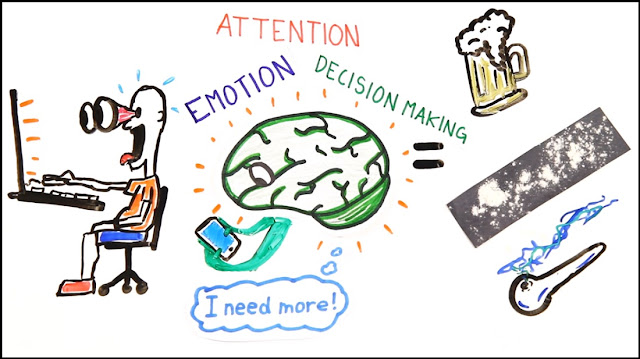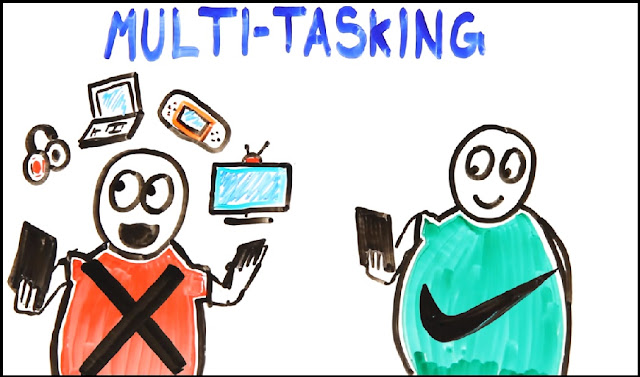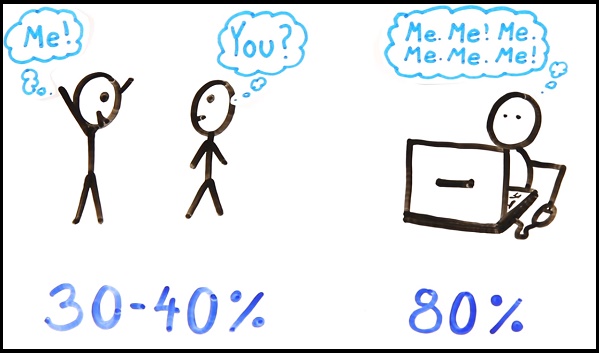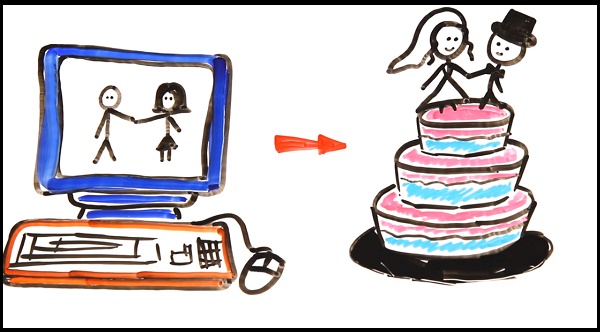Social Media sites being used by 1/3rd of the entire world, they’ve clearly had a major influence on society. But what about our Mind?
Here are 5 crazy ways that social media and the internet are affecting your mind right now
1. Can’t log off? Surprisingly 5 to 10 % of net user are actually unable to control how much time they spend online.
Though it’s a psychological addiction as appeared to substance addiction, brains scan these people actually show a similar impairment of regions that those dependencies have.
Specifically, these are a clear degradation matter of regions that control emotional processing, attention, and decision-making. Because Social Media provide immediate rewards with very little effort required, your brain begins to change itself, making your desire this stimulation.

2. We also see a shift when looking at multitasking. You might that those who use social media are constantly switching between work and website are better at multitasking, But studies have originated that when comparing heavy media user to others, they perform much worse during the task-switching test.
Increased Multitasking online reduces your brain’s ability to filter out interference, and can’t even make it harder for your brain to commit information to memory.

3. Like your phone buzzes in the middle of productive work. Or wait did it even buzz? A phantom Vibration syndrome is a relatively new psychological phenomenon where you think you get your phone go off, but it didn’t. Studies show sometimes itching is a vibration from your brain.
In one study, 89% of test subjects said they experienced this at least once a week. It perceives an itch as an actual vibration from our phone.

As crazy as it seems, technology has begun to rewrite our nervous system and our brains are being triggered in a way that never have been before in history.
4. Using MRI scans, scientist found that the rewards middle in people’s brain is much more active when they are talking about their own views as opposed to listening to others. Not so surprisingly, we all love talking about ourselves right?
But it turns out that while 30 to 40% of face to face conversation involve communicating our own experiences, around 80% of social media communication is self-involved.

5. But it’s not all self-involved, In fact, studies on relationship have found that partners tend to like each other more if they meet for the first time online rather than with face to face interaction. Whether it's because people's are more anonymous or perhaps more clear about their future goals, there is a statistical increase in a successful partnership that started online.

So while The Internet has changed our verbal communication with increased physical separation, perhaps the ones that matter end up even closer.
-From ASAPScience














0 comments:
Post a Comment